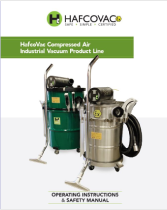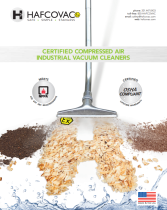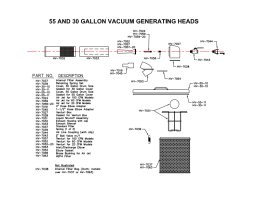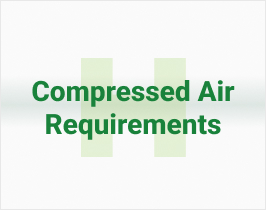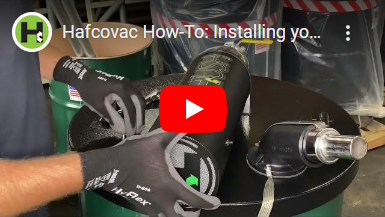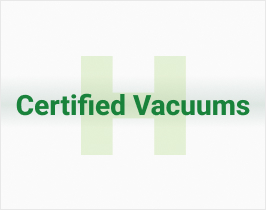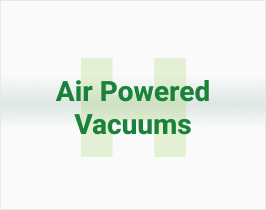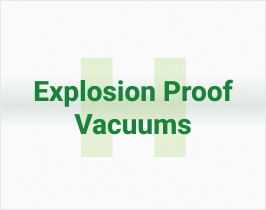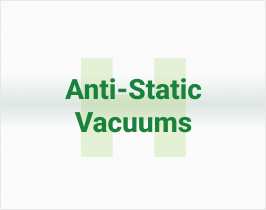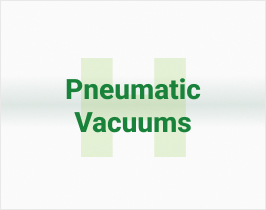HafcoVac Resources
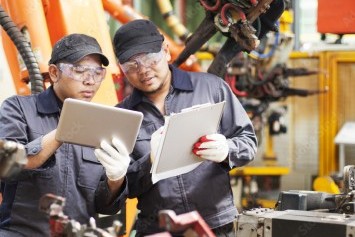
Frequently Asked Questions
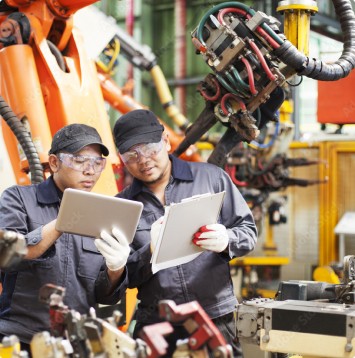
Do I need a certified Vacuum?
Certified vacuums are for the collection and control of combustible dust and flammable substances.
The housekeeping of these materials is taken very seriously and is regulated by the US Department of Labor. It is important to know if your workspace or business is at risk. Industries affected by combustible dust include Powder, Agriculture, Food, Pharmaceutical, Pesticide, Rubber Plastic, Textiles, Chemical, Recycling, Coal-fired Power, Wood and more.
The Occupational Safety and Health Administration (OSHA) defines combustible dust as "fine particles that present an explosion hazard when suspended in air in certain conditions."
Combustible dust is everywhere and requires special collection and control.
Combustible dust violations can easily add up to hundreds of thousands of dollars. Avoid costly repairs by knowing the risks and using the proper, certified cleaning tools. Eliminating hidden areas of dust on counter space, equipment and overhead pipes or shelves is critical.
In these situations, blowers are an ineffective means of cleanup as they blow dust from one area of your workshop to another. Certified, grounded, vacuum cleaners that can effectively absorb and contain loose dust and particles are ideal for combustible housekeeping. Units that comply with National Fire Protection Agency regulations are a great start for your certified vacuum search.
Unfortunately, more than 450 accidents involving combustible dust have killed nearly 130 workers and injured another 800+ since 1980, according to a Center for Public Integrity analysis by OSHA and the US Chemical Safety Board. These fires and explosions have caused deaths, wounds and the demolition of whole buildings. These incidents were caused by a variety of sources including sugar, nylon, fiber, coal, iron, plastic, dust and wood.
There are three elements needed for a dust fire to occur: combustible dust, oxygen and a heat source. What makes these incidents especially dangerous is the dispersion of this combustible dust throughout the air in a confined space. Dust and debris are inevitable in the manufacturing process, so it is important to learn as much as possible and take solid preventative measures to be prepared should an incident take place.
There are many preventative measures that can be used to avoid costly damages. A certified vacuum goes a long way to reducing work hazards, providing employee safety and increasing facility productivity within the entire work environment.
Why is Hafcovac so affordable compared to their competitors?
HafcoVac is family owned and we manufacture and test all our vacuums at our facility. We keep our prices lower by selling direct, and we pass the savings on to our customers. All of our parts and accessories can be ordered directly as well.
Why are compressed air vacuums safer than electric ones?
Because the HafcoVac uses compressed air to generate suction, there are no moving parts or any possibility of heat build up. This is what gives HafcoVac it’s Safety Standard and is preferred By OSHA and the NFPA for use in Hazardous Environments.
The
Hafcovac Advantage
Intrinsically Safe
Our explosion-proof pneumatic vacuums:
Contain No Moving Parts
By containing no moving parts, our vacuums eliminate the possibility of ignition from mechanical friction or contact.
Are Fully Grounded
Explosion-proof vacuum configurations are fully grounded, ensuring dangerous static electricity will not accumulate.
Use No Electricity
Eliminates sparks from motor arcing, shorts, switches, etc.

